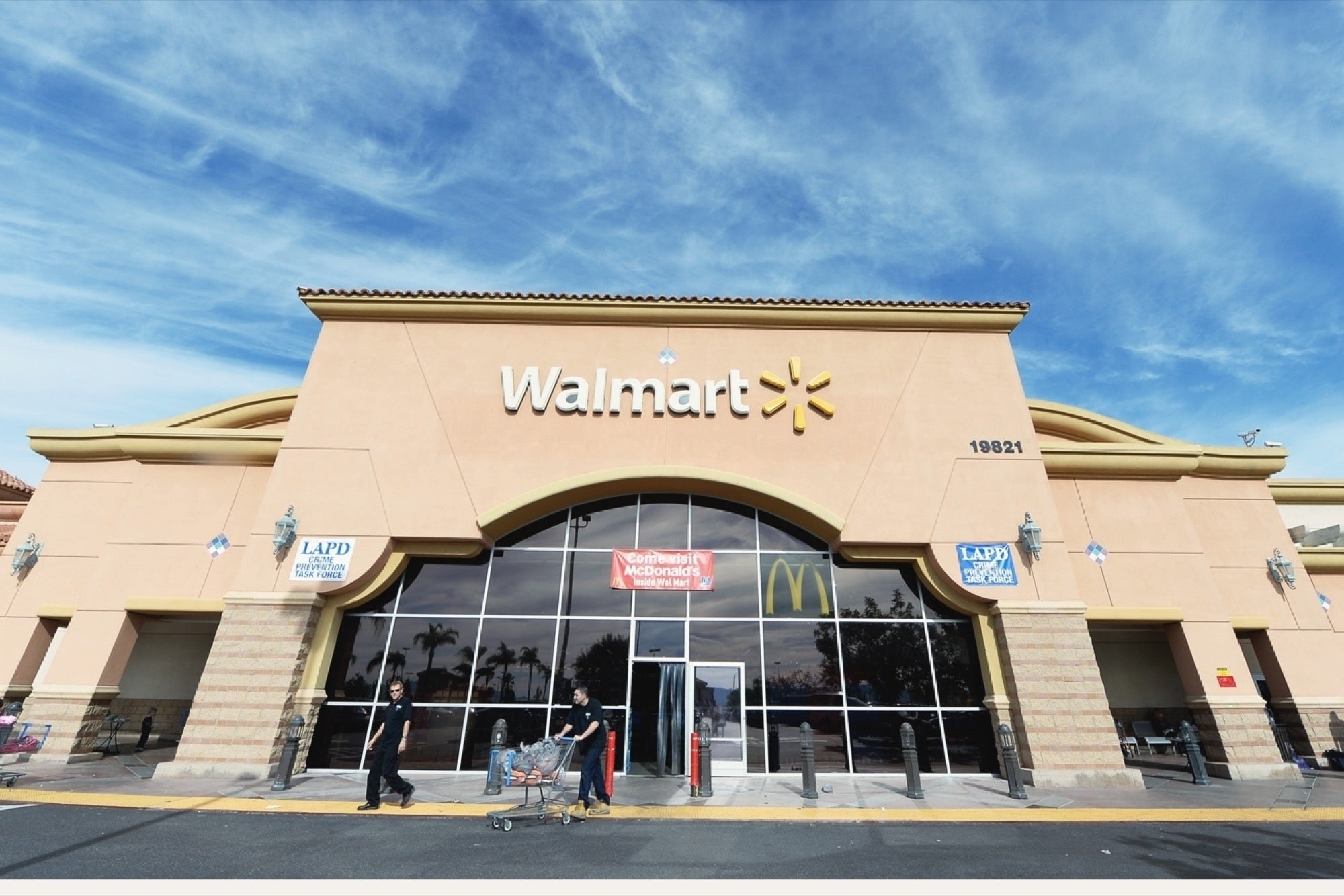8 Reasons Why It's Tough to Get Your Small-Brand Product Into Big-Box Stores Chain stores favor big-brand products over new no-name inventions. Here are some things to keep in mind when pitching to Walmart or Home Depot.
By Stephen Key Edited by Dan Bova

Opinions expressed by Entrepreneur contributors are their own.

What inventor hasn't dreamed of having a big-box retailer sell their product? When Walmart purchasers decided to order one of my inventions years ago, I learned just how hard fulfilling the needs of a chain business can be. I wouldn't say we were prepared, but we managed to get it done.
The truth is, there are so many things I wish I had known in advance. So I recently sat down with Tom Gray, an entrepreneur who has been finding, designing, manufacturing and selling consumer products for nearly two decades now, to pick his brain. Tom began working with the world's largest retailers in Australia. Now based in the U.S., the founder and CEO of The Handy Camel communicates regularly with inventors and major buyers including Home Depot as alike. (Full disclosure: Tom and I work together to host Make48 events.)
Related: 5 Tips to Help Your Small Business Get Into Big-Box Stores
These are his thoughts on the roadblocks that most often plague fledgling businesses and independent inventors en route to the big boys.
1. Proven history
Many buyers won't agree to test a product in their stores before it takes off elsewhere. They're risk-averse. They want to sell popular products at the best price, not debut new products. At a trade show you might hear a buyer say, "We love it, but you're not big enough yet." It's just a reality. A distributor might be interested, but you need to be careful: Now you, the independent stores that carry your product and your distributor are all trying to turn a profit. But if your product ends up costing too much on the shelf, it won't sell.
2. Pricing
Inventors need to know: If your product costs a dollar to manufacture, and you get a retailer to purchase it from you for $1.50, you've done well. What do I mean by that? Big-box retailers have a keen grasp of manufacturing costs. Inventors tell me, "Well, it costs a dollar to manufacture, so I'm going to offer it to them for $4 or $5, and then they'll turn around and sell it for at least $10." No. Companies are never going to pay you that much. Margins are low and competition is high.
Another note on pricing: At first, you'll be tempted to allow anyone who offers to sell your product for you. But don't forget to set a minimum! Say a price war breaks out on Amazon, and someone ends up selling your invention for $4.99. Home Depot is not going to want to sell it for $9.99 after that.
3. Marketing costs
You invent a product people love -- after you demo it, that is. Your product might be the coolest in the world, but it's not going to sell itself simply by sitting on a shelf, unfortunately. If people don't have a clue what it does, you'll need to educate them. Effectively getting the word out can be costly.
4. Capital
Overseas imports can result in huge cash flow problems. You'll need to account for the fact that you'll have to pay your manufacturer six to nine months before a retailer pays you.
Related: Want James Bond to Use Your Product? Hand Over $5 Million and Be 'the Best.'
5. Reaction time
If you receive an order and are unable to fulfill it within a certain time frame, you'll be penalized.
6. Buyer rotation
Establishing a relationship with a buyer can take time, but you don't have much, because they're frequently moved between departments in an effort to reduce favoritism. So, be aware that there's a good chance you'll have to go back to square one with a new buyer at some point.
7. Branding
Think about it. It's not as if buyers like these are committing only to retailing a new product. These stores are already stocked wall-to-wall! To make room for your invention, they'll need to dispose of another product. And that's why you see rows of more or less the same brand in some aisles. These brands have major marketing power. How can you compete? Eliminating a big brand product favor of a no-name brand is difficult to justify.
8. Time
Getting set up will feel like it is taking forever. As a new vendor, you'll have to tackle everything from insurance to training to mastering their computer software system -- all of which will take time. Budget for it. Your monthly overhead won't stop.
Don't be dissuaded. (If you're anything like Tom and I, like we even could dissuade you.) Our intent is to open your eyes to the reality at hand. Tom says to be prepared to spend at least two years gaining the momentum needed to work with a big box retailer to get your invention on its shelves, and I fully agree.
"This is not for the faint of heart!" Tom says. He, and I, wouldn't have it any other way.











